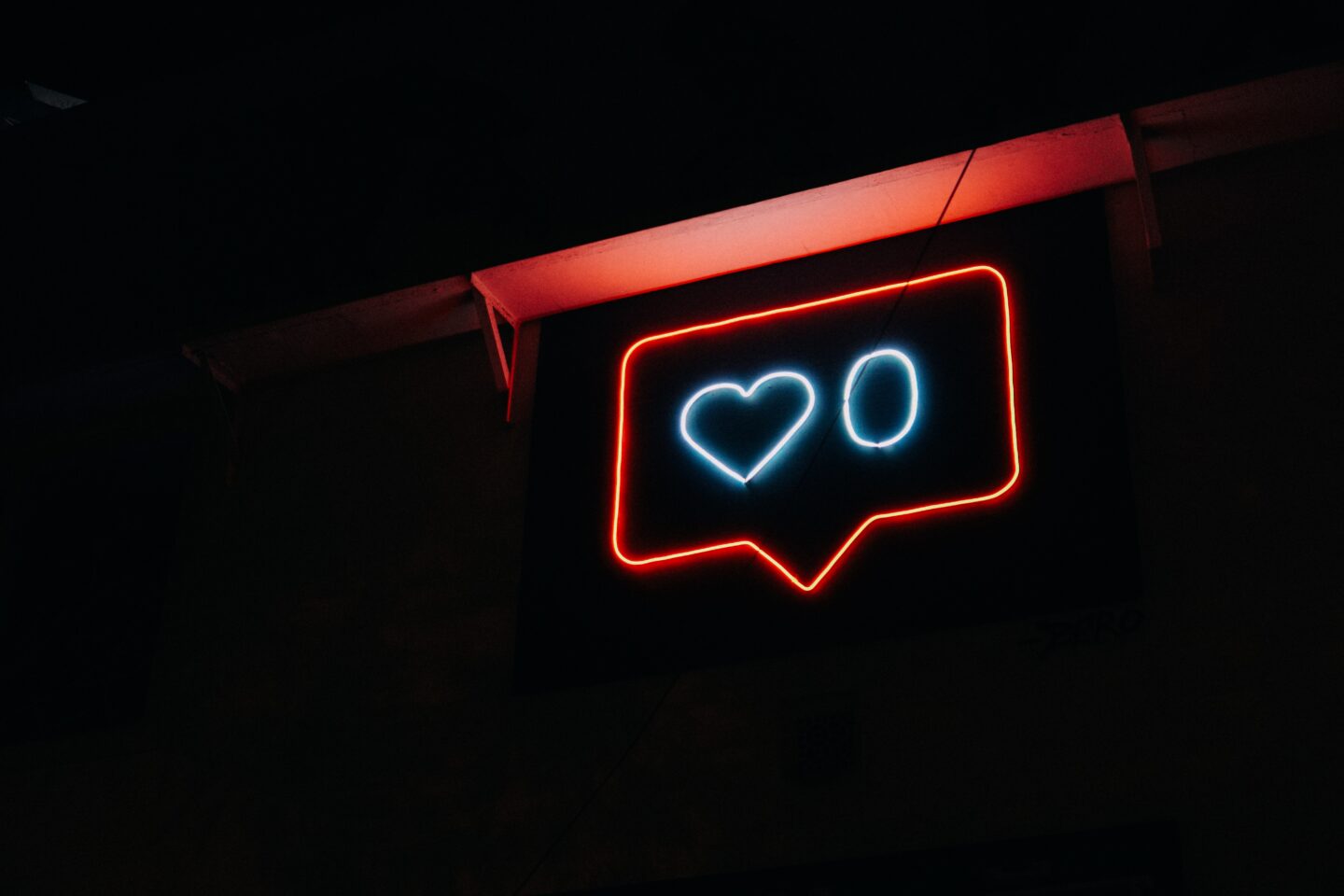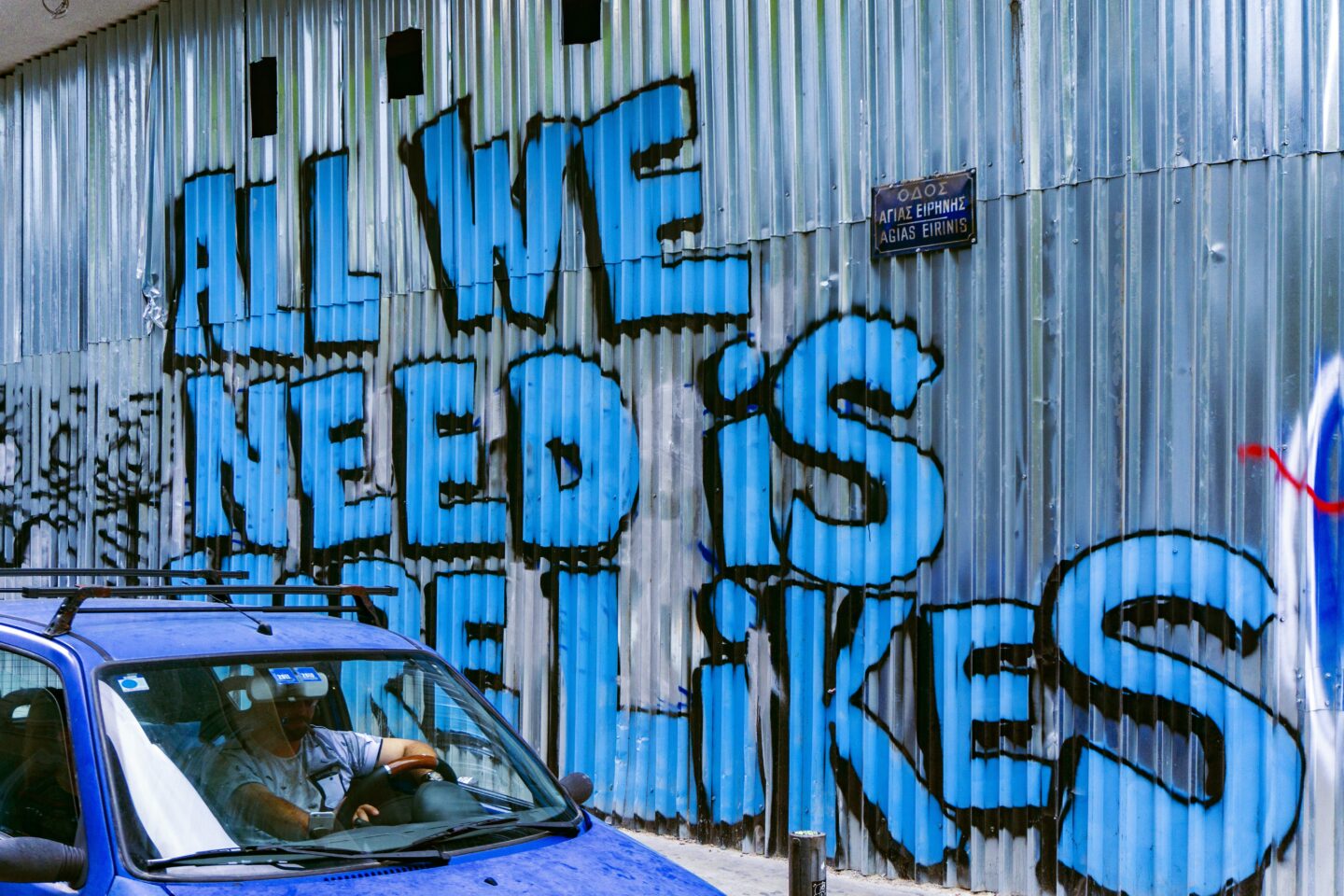
Have you reached a point where you’re considering coming off social media altogether? With all the noise, negative comments and the pressure to look, behave and feel a certain way, it’s not surprising that people feel the need to opt out.
There have been numerous studies regarding social media and teenagers’ mental health, but it is not just teens who are suffering. Increasing numbers of adults are finding that their mental health is also being affected, and some are taking a stand.
Social media platforms may have started out being designed with the best of intentions — to help keep family and friends connected. However, they were also designed to hold users’ attention for as long as possible. They increasingly do this by using psychology and our human desire for validation and fear of rejection.
Excessive use of social media has been linked to increased feelings of inadequacy, envy, anxiety, and depression. In this article, Lisa talks about her experience with social media and why she felt it was time to take a stand.
My own experience with social media

As someone who tends to overthink, social media has started to impact my well-being in recent years.
During the covid lockdowns, I was shielded, and my overthinking developed into anxiety and depression.
Being trapped in my house for many hours a day on my own and watching my partner continue to go to work contributed to my feeling inadequate and lonely. Watching TV and looking at social media for several hours every day made my anxiety even worse.
Since then, I have found that I have developed a much stronger sense of FOMO (fear of missing out) than I ever did before.
Whenever I feel lonely or anxious and check my social media, I usually feel worse. It can seem like everyone has their lives together, great jobs, and masses of friends they are constantly enjoying themselves with.
Ultimately, I know logically that this is not true and try to remind myself that these are just snapshots of someone’s good times and that nobody’s lives are perfect.
According to the addiction centre:
“Constantly comparing oneself to others can lead to feelings of self-consciousness or a need for perfectionism and order, which often manifests as social anxiety disorder.”
So why do we keep doing it?
Many of us will probably be willing to admit that we are slightly addicted to checking our social media throughout the day and waste a significant amount of time doing so over the course of the average week. In fact, the average time people spend on social media each day is 147 minutes!
When we post on social media, we are seeking positive responses and validation.
If we receive this validation in the form of ‘likes’ and ‘double-tap hearts,’ it gives us a hit of dopamine — the ‘happy’ hormone — which creates a type of natural high.
However, if you do not receive this, it can leave you feeling dejected and lonely. This constant approval-seeking can negatively affect your self-esteem when you do not get the desired response or, even worse, receive negative feedback.
You may look online and see that you have been excluded from an event or activity that you would have expected to be invited to; this can make you question your self-worth and feel rejected by your friend or family group.
People taking action

These feelings are leading to increasing numbers of people reducing their exposure to social media.
Many people I know are now taking periodic ‘mental health breaks’ from looking at the platforms. Others have been deleting their accounts altogether and going on a ‘digital detox.’
The complete withdrawal from the various sites may be more extreme, and many people will only be able to disengage for a while because of FOMO and our desire to know what is happening and feel included.
The people who do manage it, though, report feeling:
- Generally happier.
- Getting better sleep.
- Feeling more focused.
- Lower levels of anxiety.
- Boredom — but this will increase your natural creativeness.
- Feeling less stressed — eventually (as initially, being offline can increase your stress levels).
- Better self-esteem.
- Strengthening of face-to-face interactions.
- Improved decision-making skills.
- Learning more about yourself.
What other action can you take?
If deleting or taking a complete break for a specific amount of time sounds too much, then you could try the following less dramatic avenues.
- Set an alarm on your phone for a set amount of time that you can’t look at it.
- Keep your phone off whilst at work.
- Do not look at your phone first thing in the morning.
- Do not have your phone with you when you eat.
What we all need to remember
If you feel that social media has affected your feelings about yourself, then know that you are not alone.
It is a good idea for us all to take a break from it from time to time.
Our self-worth and happiness should never be measured by any outside influences, least of all one that has no objective basis in reality and is designed to have an addictive effect on us.
“As far as self-confidence goes, so much of social media is about approval, getting likes, comparing our lives to others’ – meanwhile, confidence is an inside job: it is about how you feel about yourself regardless of what anyone does or thinks. It’s a knowing that you’re human, you’re flawed, and you’re awesome in your own way.” Jen Sincero
Article written by Lisa C.
